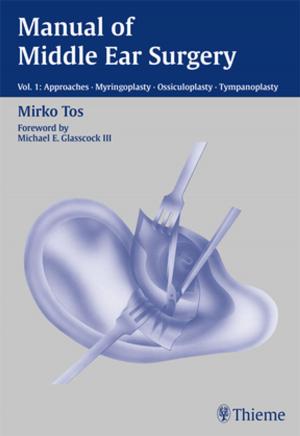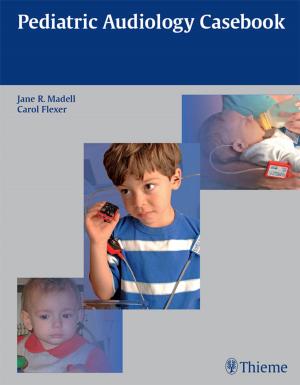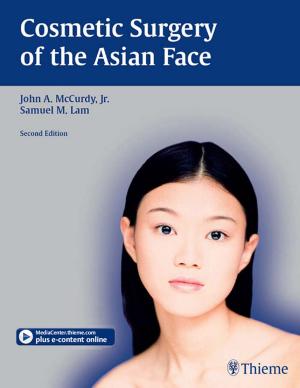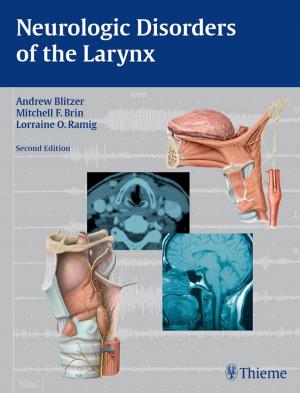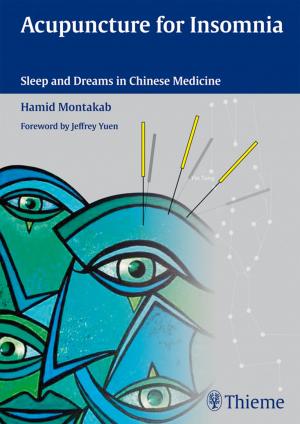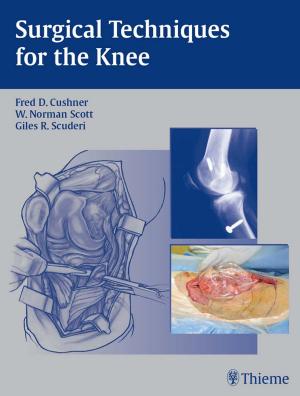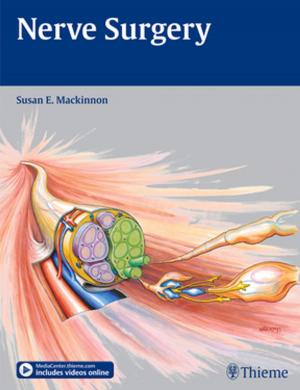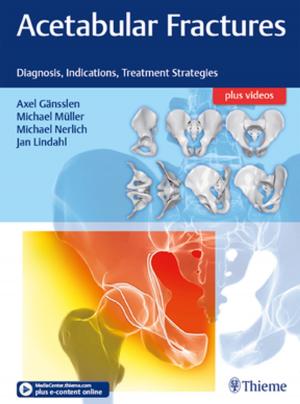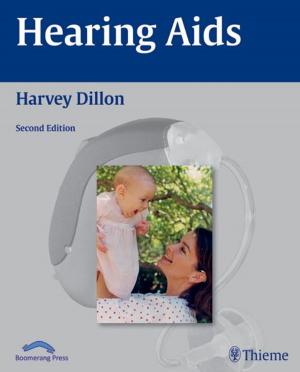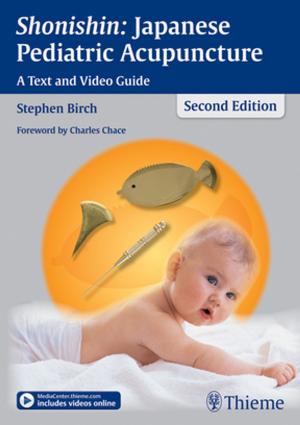Dry Eye Disease
The Clinician's Guide to Diagnosis and Treatment
Nonfiction, Health & Well Being, Medical, Specialties, Ophthalmology| Author: | ISBN: | 9781604064933 | |
| Publisher: | Thieme | Publication: | January 1, 2011 |
| Imprint: | Thieme | Language: | English |
| Author: | |
| ISBN: | 9781604064933 |
| Publisher: | Thieme |
| Publication: | January 1, 2011 |
| Imprint: | Thieme |
| Language: | English |
Here is the ultimate guide to managing the most frequently encountered problem in the eye patient--dry eye disease. Dry Eye Disease: The Clinician's Guide to Management provides the latest diagnostic techniques, new approaches for classifying patients, and state-of-the-art, evidence-based medical and surgical treatments. The book opens with a review of the epidemiology and the multifactorial etiologies of dry eye disease. The authors guide the reader through taking a thorough patient history, conducting the diagnostic examination, and using clinical tests to make a confident evaluation of the severity of the disease. In their discussion of both medical and surgical techniques for management, the authors describe common treatments, such as punctal plugs, lid treatment, artificial tears, as well as innovative treatments including autologous serum drops, stem cell transplantation, and more. Highlights:
Contributions from such internationally known experts as Shigeru Kinoshita, M. Reza Dana, Maurizio Rolando, Kazuo Tsubota, Kelly Nichols, Janine Smith, J. Daniel Nelson, Jay S. Pepose, Mark J. Mannis, Friedrich E. Kruse, Teruo Nishida, and others
Thorough discussion of new and emerging diagnostic tests, including tear osmolarity, impression cytology, corneal permeability, and visual function, enables readers to expand and sharpen their techniques
A bullet-point list of key points at the beginning of each chapter is ideal for rapidly reviewing important concepts
Numerous tables organize the results of clinical surveys of common symptoms and factors associated with dry eye disease
An extensive list of references, as well as a chapter covering online resources, helps the reader keep abreast of the newest research
This is a timely reference for all ophthalmologists, optometrists, and trainees in these specialties. It is essential reading for practitioners treating contact lens wearers and refractive surgery patients, as well as patients with glaucoma and age-related macular degeneration.
Here is the ultimate guide to managing the most frequently encountered problem in the eye patient--dry eye disease. Dry Eye Disease: The Clinician's Guide to Management provides the latest diagnostic techniques, new approaches for classifying patients, and state-of-the-art, evidence-based medical and surgical treatments. The book opens with a review of the epidemiology and the multifactorial etiologies of dry eye disease. The authors guide the reader through taking a thorough patient history, conducting the diagnostic examination, and using clinical tests to make a confident evaluation of the severity of the disease. In their discussion of both medical and surgical techniques for management, the authors describe common treatments, such as punctal plugs, lid treatment, artificial tears, as well as innovative treatments including autologous serum drops, stem cell transplantation, and more. Highlights:
Contributions from such internationally known experts as Shigeru Kinoshita, M. Reza Dana, Maurizio Rolando, Kazuo Tsubota, Kelly Nichols, Janine Smith, J. Daniel Nelson, Jay S. Pepose, Mark J. Mannis, Friedrich E. Kruse, Teruo Nishida, and others
Thorough discussion of new and emerging diagnostic tests, including tear osmolarity, impression cytology, corneal permeability, and visual function, enables readers to expand and sharpen their techniques
A bullet-point list of key points at the beginning of each chapter is ideal for rapidly reviewing important concepts
Numerous tables organize the results of clinical surveys of common symptoms and factors associated with dry eye disease
An extensive list of references, as well as a chapter covering online resources, helps the reader keep abreast of the newest research
This is a timely reference for all ophthalmologists, optometrists, and trainees in these specialties. It is essential reading for practitioners treating contact lens wearers and refractive surgery patients, as well as patients with glaucoma and age-related macular degeneration.

